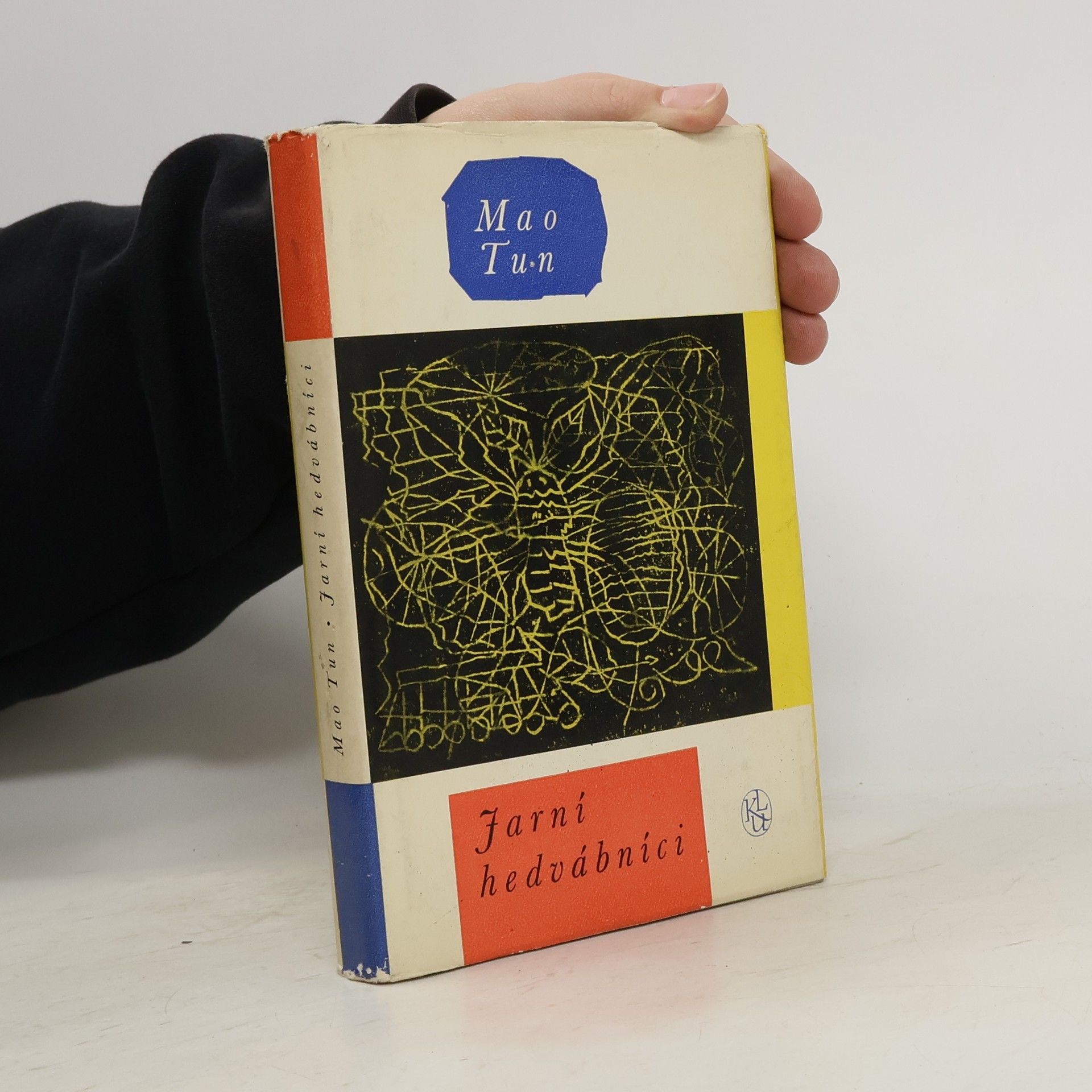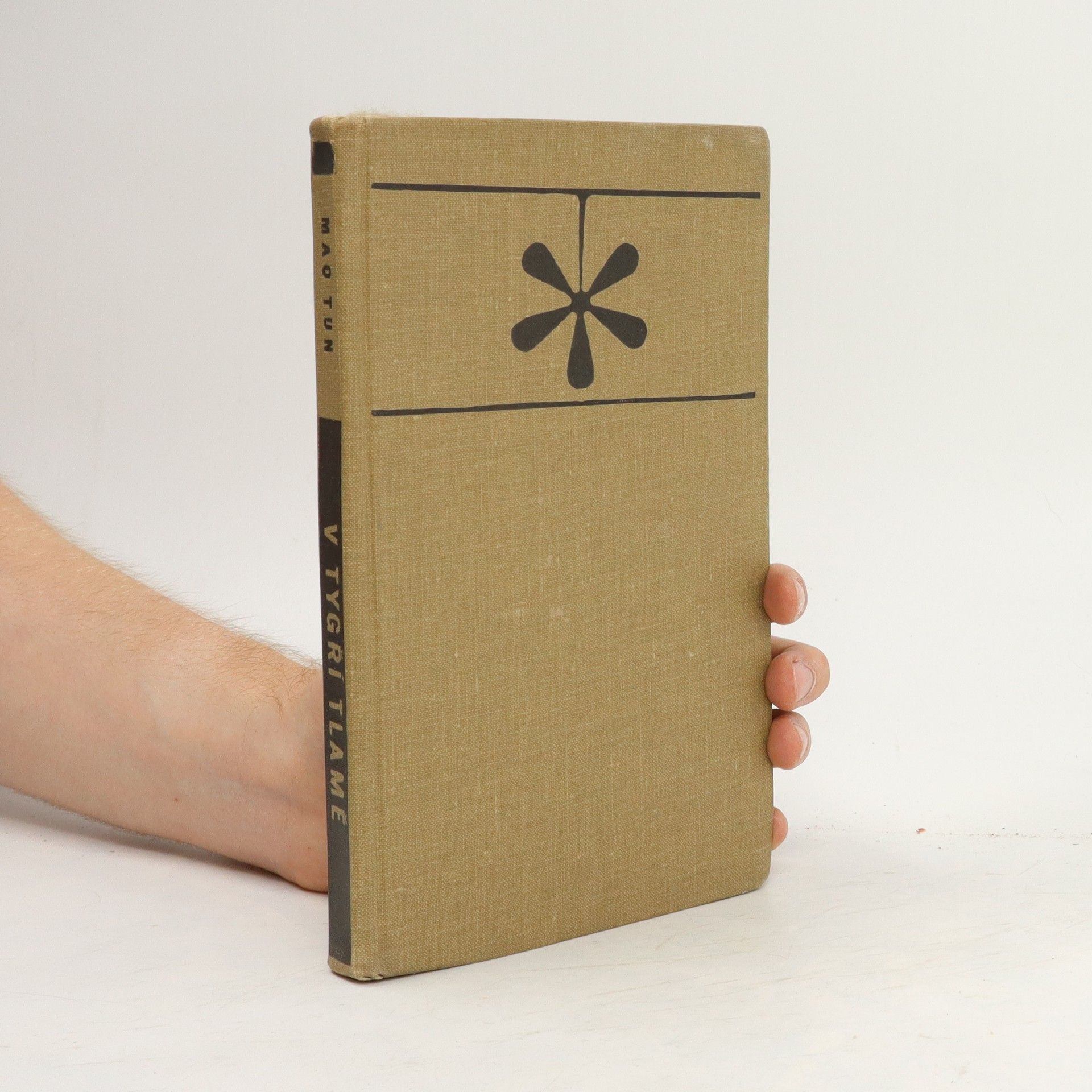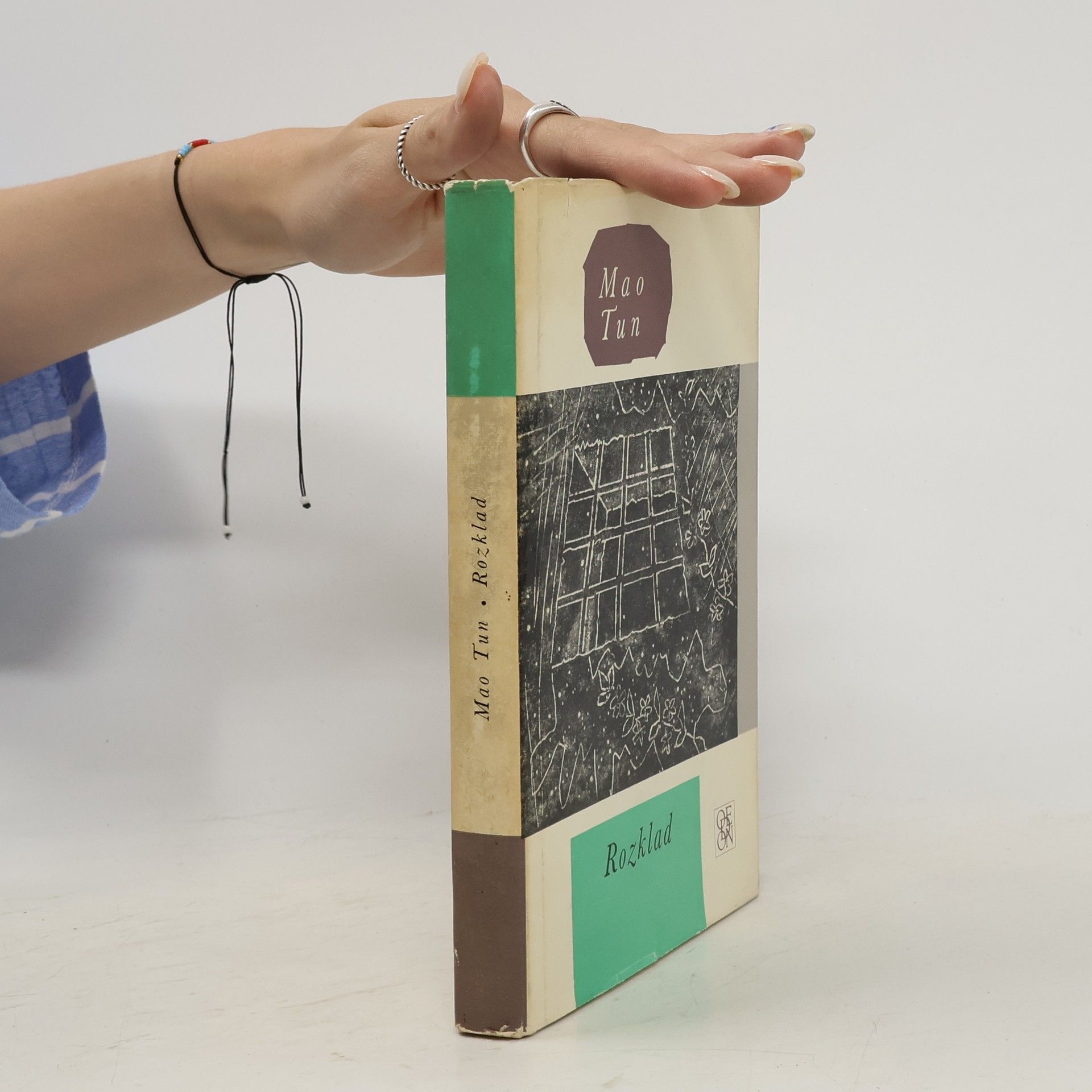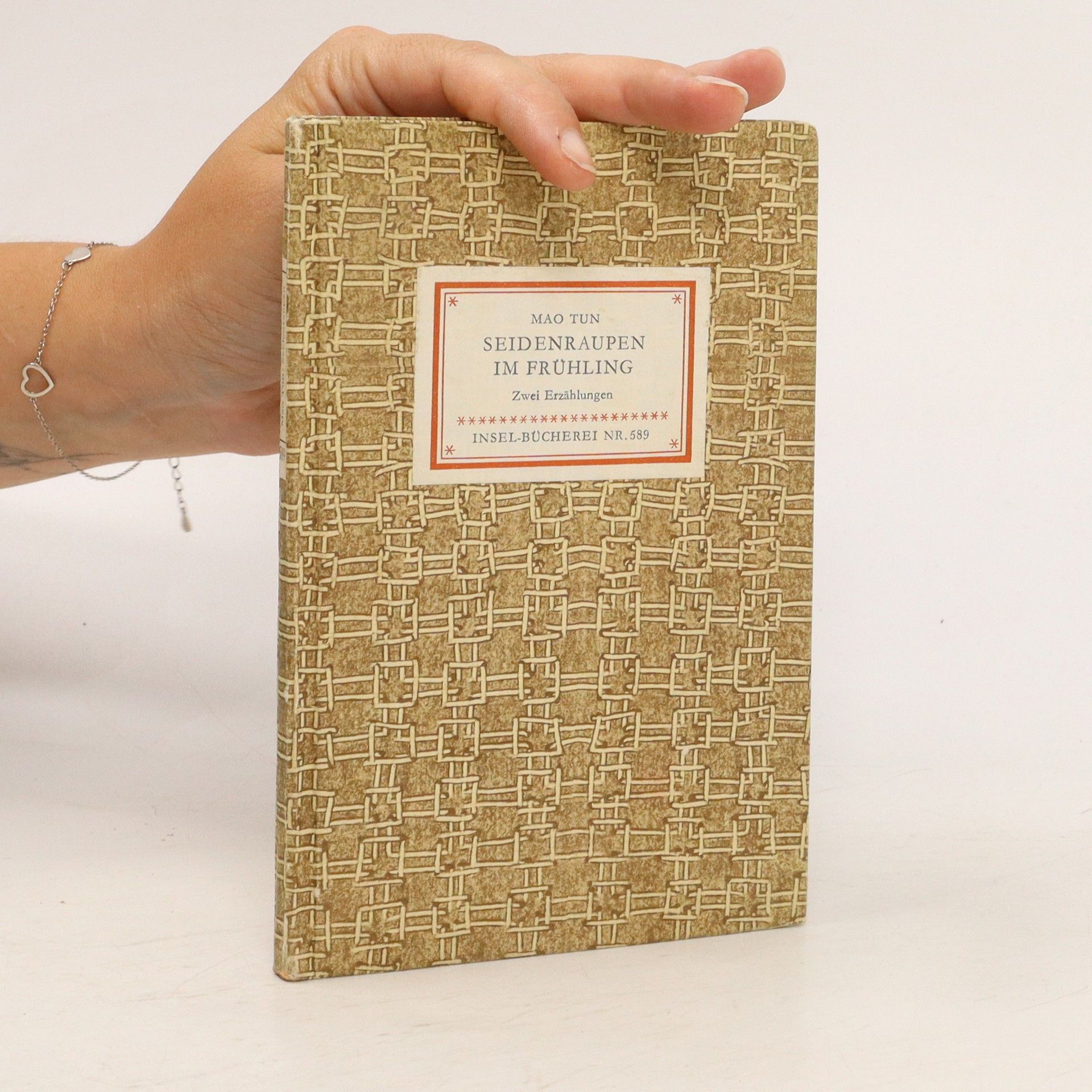Mao Tun Books
Mao Dun, born Shen Dehong, stands as one of modern China's most celebrated left-wing realist novelists and a sharp cultural critic. His chosen pen name, meaning 'contradiction,' perfectly encapsulates the turbulent ideological landscape of 1920s China that so profoundly shaped his work. Through vivid depictions of bustling Shanghai and the lives of ordinary people, he masterfully explored the social and political transformations of his era. Mao Dun's writing is characterized by its keen realism and its deep engagement with the complex human experiences within a rapidly changing society.






Román čínského autora, zachycující bezvýchodnou situaci kuomintangské Číny, v níž se stále více ocitala za války s Japonskem v roce 1941. Je to doba, kdy Japonci slaví úspěchy a Číně hrozí rozklad vojenských sil a zhroucenífronty. Za této situace otevírá se peklo politického pozadí společnosti, ocitnuvší se na pokraji záhuby, peklo, v němž padají morální zábrany a v němž se bojuje o holý život zradami, krutostmi a záludnostmi. Román, který u násvyšel r. 1959 pod názvem "V tygří tlamě".
Vrcholné dílo Mao Tuna zachycující život soudobé čínské společnosti. Rušný román, vynikající dílo čínského pokrokového spisovatele, líčí rozvrat v Číně roku 1930, těsně před japonským vpádem. Dějištěm románu je Šanghaj, jeho dějovou náplň tvoří zápas kuomintanských frakcí, boje generálů a politiků o moc, intriky finančníků, bursovní machinace, požívačný život čínské buržoasie, vykořisťování proletariátu, zoufalství čínské inteligence a rostoucí revoluční hnutí. Hlavní dějovou zápletku tvoří boj představitele národního čínského průmyslu Sunfua s bankéřem Čao.
Výbor povídek jednoho z nejvýznamnějších moderních čínských prozaiků. Sbírka povídek, z nichž mnohé jsou tím nejlepším, co kdy významný čínský spisovatel a politik vytvořil. Jsou to stroze a úsporně kreslené obrázky ze života čínského lidu v nepříliš ještě vzdálené minulosti, kdy lidé žili v ponižující a otupující bídě, ale kdy se i začínají projevovat nové, revoluční síly, jež se jednou mají sjednotit a jako "hněvivá vlna všech vrstev" svrhnout starý a nastolit nový společenský řád.